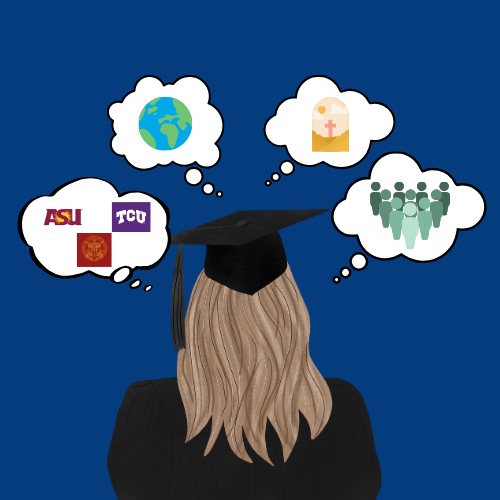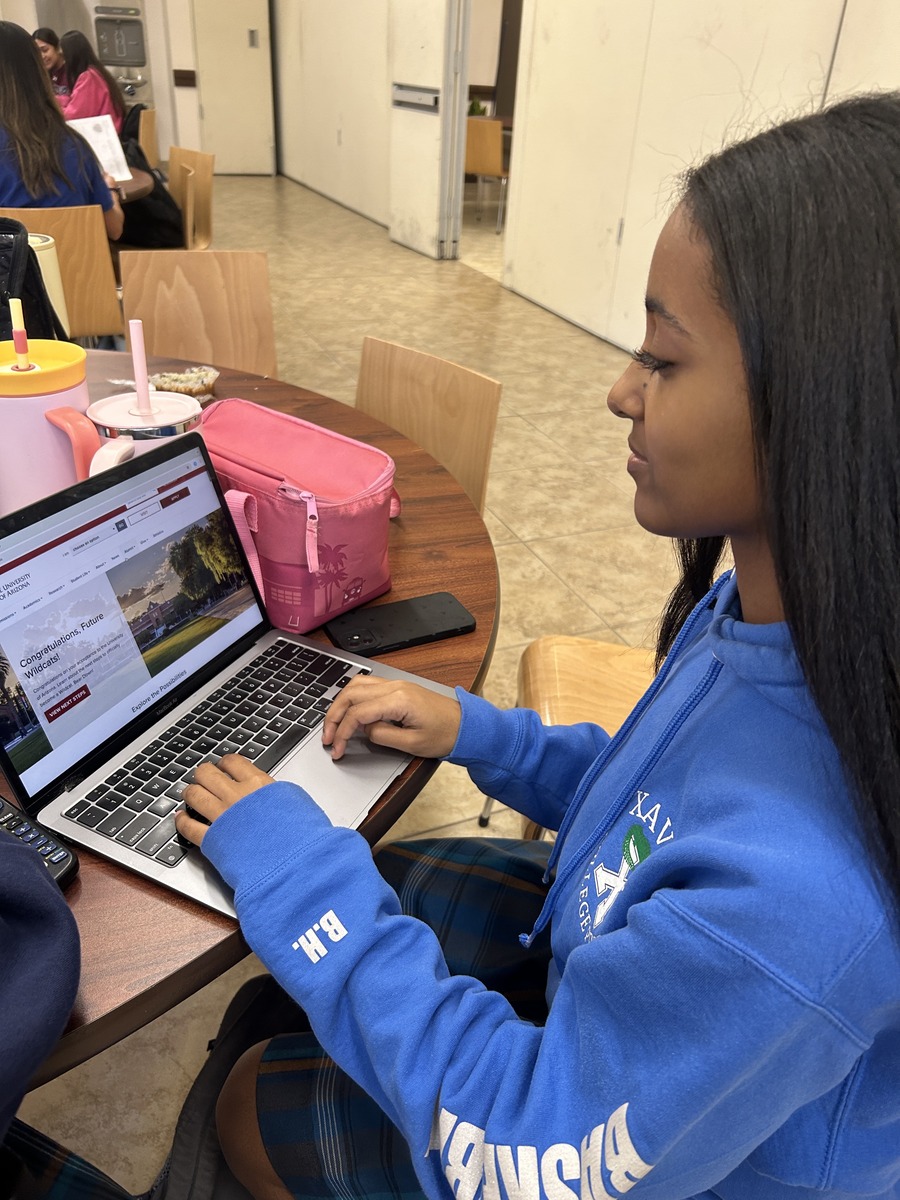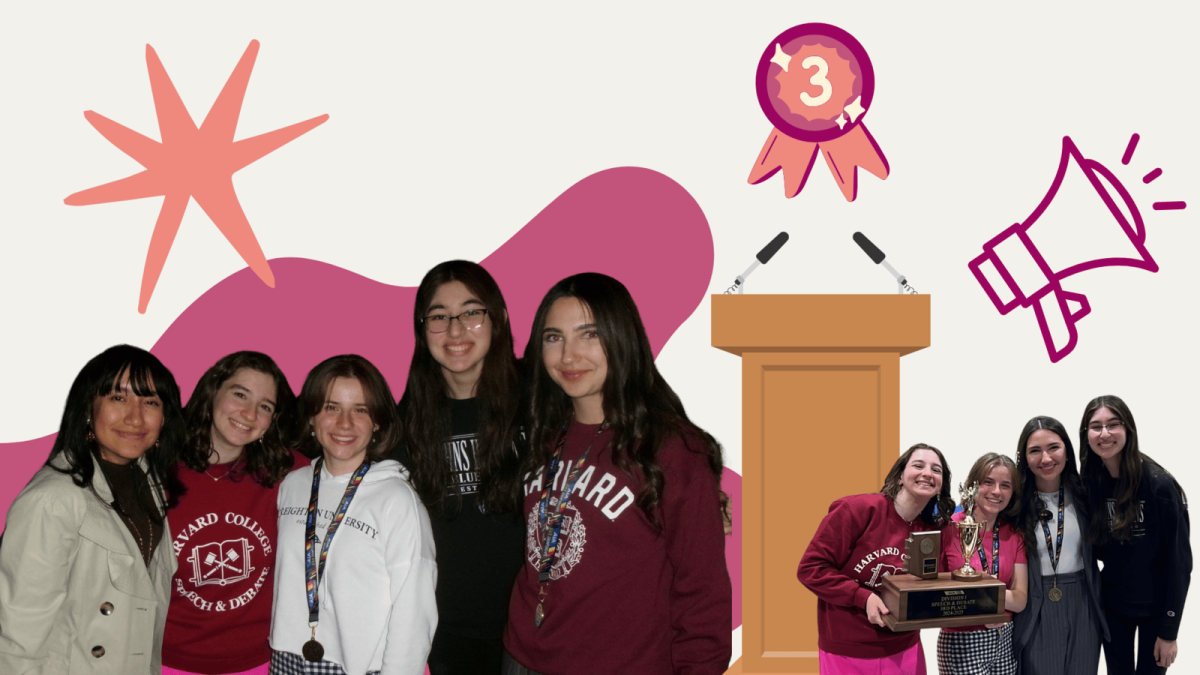
The AI chatbot, ChatGPT, has gained infamy for the software’s ability to write essays in a matter of seconds. While the chatbot can be used as a helpful tool, there are concerns students will not utilize the software with integrity.
To many educators’ disappointment, some students will go the extra mile to find shortcuts when it comes to homework. Companies paving the way in artificial intelligence have emerged with the end-all-be-all of shortcuts: the chatbot. The AI chatbot, such as ChatGPT, is misrepresented as a clever cheating software when, in truth, it is a tool that can be used to better our education. Despite this, there is a blurred line between the good and the evil of an AI chatbot upon which we must walk carefully. The only way for us to use artificial intelligence with integrity is through educating ourselves.
ChatGPT, created by OpenAI, is intended to carry out conversation with its user, answer questions, and yes, write essays.
Chat GPT is already on campus with AP Computer Science teacher Leon Tynes educating his students on the program by using the software as a “jumping off point” for research, and with Xavier IT director Sanford Worth letting his students test out the chatbots.
“It’s not all black and white,” said Worth. “As a tool, ChatGPT, if used properly, I think is fantastic.”
“I think it’s a great way to get a start on things…some of the things have been good and some of the things have been very very bad,” said Worth.
Tynes expressed the same sentiment as Worth.“Some of it was good, some of it not so good.”
“If you are aware of what’s going on, if you are aware of how to use this as a tool rather than a crutch. I think it’s going to open many interesting opportunities,” said Worth. Both educators firmly believe that we can grasp the concept of using AI chatbots as a tool rather than believe it to be an answering machine.
“I think if a teacher told me to use it and showed me how to use it, I would,” said Katie Carlson ‘23.
Despite this, Worth believes that schools will return to the pen and paper approach, steering clear of ChatGPT. “There are real questions on how brains develop…we have already seen if used improperly this can impede a lot of that,” said Worth.
ChatGPT is gaining millions of users on the collegiate level. Worth communicated with several unnamed colleges that speculate an estimated 90 percent of their students have used ChatGPT in the last year.
Pedagogy, the study of teaching, is a high school teacher’s best defense against cheating. High school teachers are looking at the process of writing while most professors look at just the submitted paper, hence the skyrocketing percentage of college students cheating through AI chatbots.
“Approaches have to change… you should be evaluating the process instead of the submitted paper,” said Tynes. He acknowledges that pedagogy is hard to adopt when professors are teaching classes of 100 students at a time.
ChatGPT and countless other AI chatbots allow us to see where we can go with our research and essays but “just because ChatGPT is available, it’s not going to make you a writer,” said Worth.
“It is not going to help add to your mental capacity as a human being to create,” he added.
Tynes cautions those bent on the fatal flaw of using AI chatbots to write essays. The chatbots pull their information from the Internet, where much misinformation is spewed out daily.
ChatGPT lets us see where we should go with our writing and research but it is another tool that can only help, not solve our problems.
Snapchat recently launched its own AI chatbot. When asked about the ethics of using AI in school work, the chatbot commented, “I think it’s a clever idea, but I’m not sure it’s ethical.”
The chatbot additionally remarked, “I don’t think AI is inherently dangerous, but it can be if it’s not programmed or used responsibly.”









